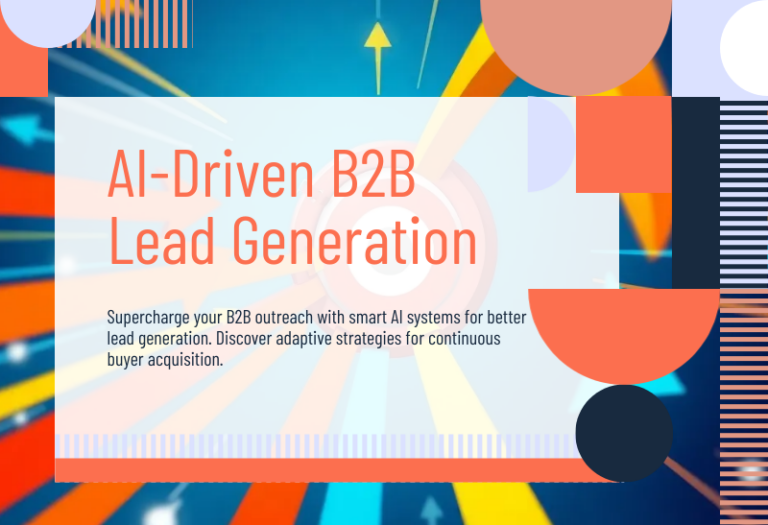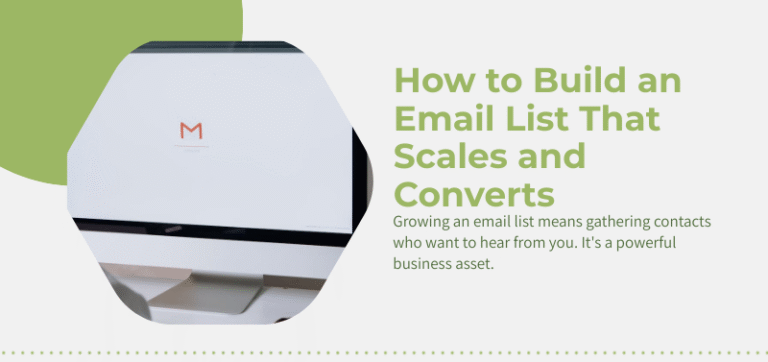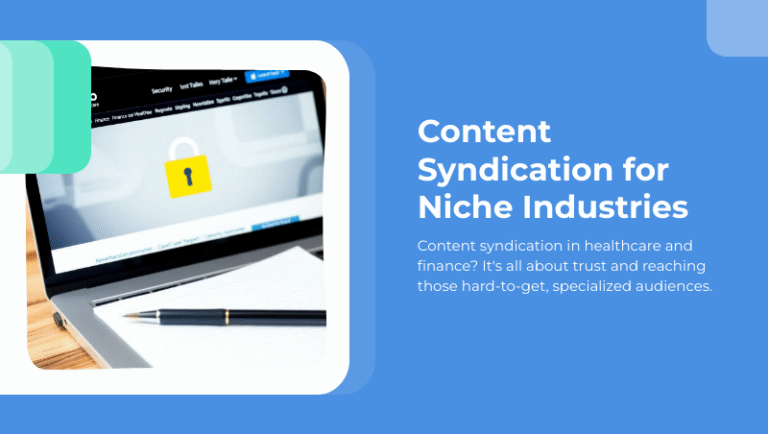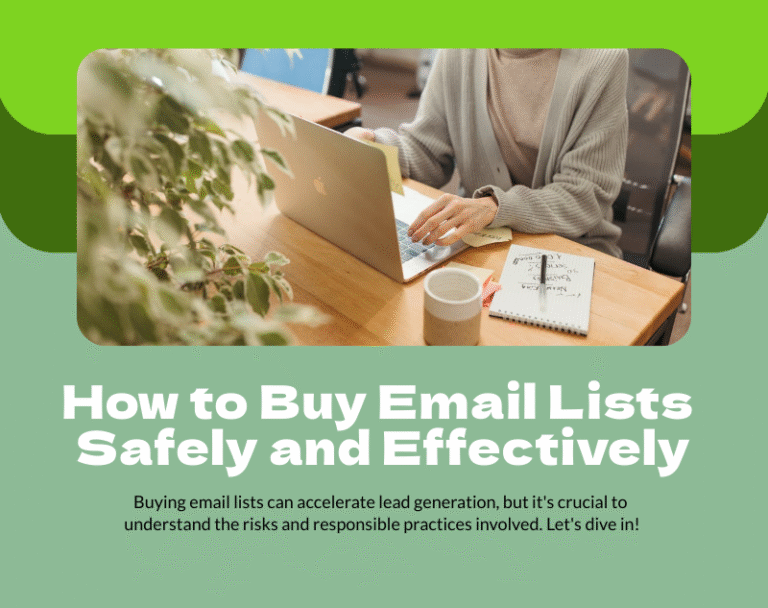Why Marketing Automation Makes Sense
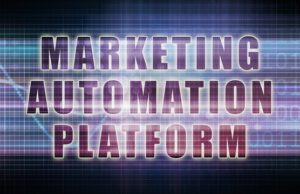 Running a successful demand generation or lead management process requires that B2B marketers give individual responses to every prospect throughout the buying process. Because of the large volume of many marketing campaigns, it is not practical to identify every sign of buyer interest and respond to each of them manually. If you want to target your customers and prospects with the right information at the right time, you need a marketing automation software platform to customize your content and time your marketing communications.
Running a successful demand generation or lead management process requires that B2B marketers give individual responses to every prospect throughout the buying process. Because of the large volume of many marketing campaigns, it is not practical to identify every sign of buyer interest and respond to each of them manually. If you want to target your customers and prospects with the right information at the right time, you need a marketing automation software platform to customize your content and time your marketing communications.
Reaching a New Breed of Buyers
In the last decade, customers’ ability to educate themselves has grown exponentially. With vendor, analyst and social media sites, buyers understand as all available alternatives and can refine their preferences. By the time a buyer contacts a vendor, that client may already have made key buying decisions based on information you, your competitors or third-party websites have given them.
What does this mean for B2B marketers? Until recently, marketing software mostly concentrated on generating and sending high-volume outgoing emails. Today, if businesses hope to guide buyers to consider and choose their products or services, they need marketing automation software that gives prospective customers the precise information they require along their buyer’s journey.
To let us make the right judgment on where our buyers are in that journey, marketing automation software lets marketers track, observe and understand our customers’ digital body language. The software shows you what your customers want directly. Lead scoring is a feature of any marketing automation platform, an essential part of the whole system that enables marketers to categorize buyer observations and assess their sales-readiness or retain them for further lead nurturing with more high-value webcontent.
Making Content More Personal for Buyer Roles
While marketers strive to deliver the right message at the right time, they must also customize that message to give buyers the best fit for their needs. Each buyer category responds to your messages and concepts differently. Executive buyers differ from employees, HR differs from IT and industries differ from one another. By being sensitive to these unique characteristics, personalized content becomes significantly more effective in helping leads become buyers.
To have a true messaging segmentation, businesses must have enough trust in the marketing database as a complete data repository. Data isn’t static; it must be continually cleansed and standardized. A majority of marketing automation solutions today also offer built-in data hygiene management.
Taking such a personalized approach to relevance in targeting and timing as well as content of each marketing message can only happen with marketing automation. Only automation provides thorough understanding of prospective buyers and sends them the right messages. By automating the fundamental lead scoring and nurture marketing as well as data management, a complex process becomes simple and streamlined.
How Marketing Automation Sustains a Focused Approach
Marketing is still an art, so it remains a challenge to create compelling offers, captivating visuals, clear positioning and convincing copy. Despite the need for an analytical approach to the new buying process, creating an understanding of the various market segments, buyer journeys and other aspects of marketing that move a buyer still differentiate the best marketers from those who are merely good.
As the world moves from sending bulk outbound messages toward to understanding and facilitating every potential buying process individual buyers undergo, marketers must gain new technical abilities. A marketing automation platform is able to guide the conversations, the timing and the personalization businesses need to achieve this transformation.
